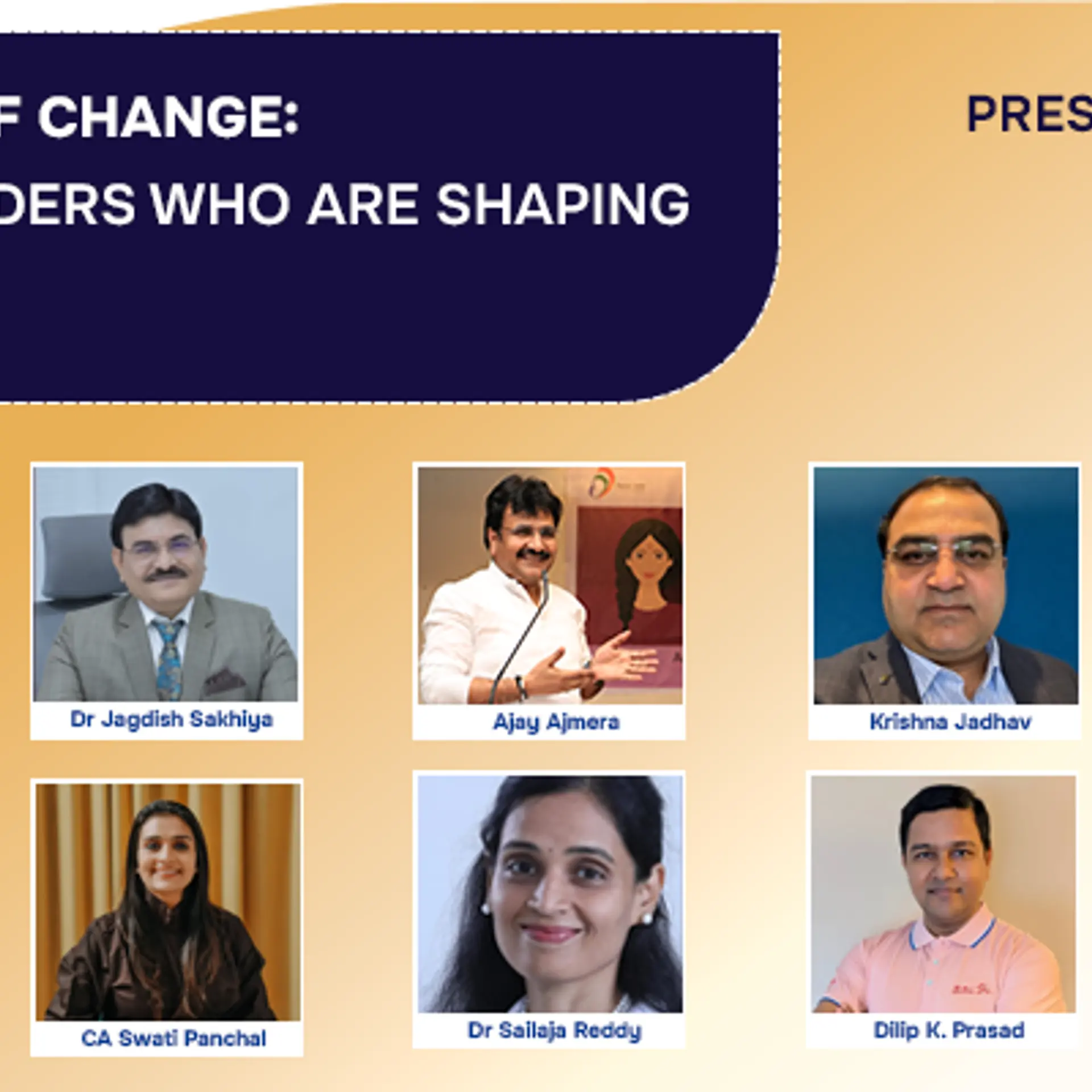DLT and blockchain are a billion-dollar opportunity, says Pranav Sharma of Woodstock Fund
Founded by Pranav Sharma and Himanshu Yadav, Woodstock Fund believes Indian startups in the digital ledger technology and blockchain space have the potential to make a deep impact with innovative solutions
Emerging platforms such as Digital Ledger Technology (DLT) and blockchain have started to slowly gain acceptance as they promise more secure and robust transactions. Though these platforms are still in their infancy, several startups are developing use cases based on this technology.
Woodstock Fund, a global multi-asset investment house founded by Pranav Sharma and Himanshu Yadav in 2019, focusses on DLT, and is keen to back startups in this space, which also includes India.
In an email interview with , Pranav Sharma, Co-founder and Managing Partner, Woodstock Fund, said, the DLT and blockchain market is a billion-dollar opportunity. He also spoke about their plans in terms of investing in Indian startups.
Edited excerpts from the interview:
YourStory (YS): Can you provide a profile of Woodstock Fund and the key focus areas?
Pranav Sharma (PS): Woodstock Fund is a global multi-asset investment fund focussed on investments in DLT. We invest in tokens (utility and security), equity, and convertibles in both the listed and unlisted space. We work diligently alongside our portfolio companies to help them scale and grow their ecosystem. Woodstock Fund’s current investments include Holochain, Elrond, Marlin Protocol, Casper Labs, and Band Protocol.
Our investment focus is on Public DLT and applications, Decentralised Finance and Tokenisation, and Web 3.0 Protocols. We have an existing fund called Woodstock Capital Fund I, and we are launching Woodstock Capital Fund II soon.

Pranav Sharma, Co-founder & Managing Partner - Woodstock Fund
YS: As DLT and blockchain are still emerging technologies, how do you view their future prospects?
PS: DLT and blockchain are still in their formative stages. The foundational technology that can offer true decentralised or distributed networks that are stable, secure, and scalable, and can be managed by lighter nodes is still in works. This is a holy grail and a billion-dollar opportunity. Any futuristic applications will need this network fabric.
Additionally, there are layers and components of protocols needed to make DLT and blockchain to meet the benchmarks set by centralised applications. We believe some of these components will be valued at billions of dollars as these are essential infrastructure of the new internet.
Then there is a whole new world being led by Bitcoin and Ethereum that ushered in store and transfer of value through wallets and smart contracts. There is tremendous innovation happening in that area in the form of decentralised finance and tokenisation of traditional assets. There is also a large section of the financial ecosystem that is seeking risk distribution, diversification, and a hedge.
Beyond all of this, there is a white space and a huge opportunity in application layer with network layer (i.e. DLT or Blockchain) utilising other emerging technologies like artificial intelligence (AI), machine learning (ML), Internet of things (IoT), virtual reality, etc., to build intuitive applications of the future.
So, in a nutshell, there are a plethora of pathways for this to become a trillion-dollar industry, and we are excited to be part of this.
YS: What are your India plans in terms of investment into startups?
PS: We are a global fund with ecosystem development focussed on Asia, including India. Our investments are therefore opportunity focussed and agnostic to geography and jurisdiction.
As some of our core team members are Indians with wide experience in the corporate sector and startups, we deeply understand the talent of Indian technology startup founders, developers, and the potential to make inroads into SMEs, enterprise, and government applications.
We have made some investments in Indians founded startup like Marlin Protocol. We are closely engaging with other serious players in the blockchain ecosystem in India like Matic Network, Frontier Wallet, and other top exchanges. Besides, we closely work with our portfolio companies in strengthening startups and their ecosystem through market and capital access. In the past, Woodstock Fund has organised roadshows, meetups, and connected with funds, enterprises, other blockchain startups, incubators, and accelerators in India.
We are excited about the Indian blockchain ecosystem, and are actively looking at Indian startups. We believe that India has the right English speaking developer talent, entrepreneurial acumen, and conducive regulatory framework.
YS: What is the assessment of Woodstock Fund about the Indian startup ecosystem with regard to DLT and blockchain startups?
PS: The Wave 0 of startups in Indian Blockchain ecosystem have churned or faded. Many exchanges were part of this wave. We are in Wave 1, where a collective valuation of $400-500 million puts the industry as a serious contender to grow into a $10 billion valuation in five years’ time. These startups in Wave 1 have emerged from a crushing bear market, and are thus more resilient. Some of them are fairly valued. We are keenly looking at Wave 2 startups that will capture value as the industry evolves and market turns upbeat.
YS: In India, cryptocurrency is still faced with challenges, especially from the regulatory point of view. How does Woodstock Fund view this?
PS: Our team has a background in financial services, corporate, startups, and legal. In the past, we have been part of heavily regulated industries. So, we understand that regulators are essentially concerned about two things - systemic risk and money laundering.
We know that any technology is agnostic. Thus, the onus is on the blockchain industry and governments alike to create a framework that can encourage impactful innovation and secure our future through emerging technologies. This is an evolutionary journey with missteps on the way. So, while the central bank insulated the banking system sensing systemic risk, the apex court lifted the ban after critically examining the views of multiple stakeholders.
We believe in progressive regulations (like Singapore) with components like sandbox, guidelines, industry dialogue, approved service providers, etc., so that true innovation is not stifled, and it creates employment and value in a large country like India. We also believe there is an opportunity for various governments and regulatory bodies to collaborate to integrate the industry with the mainstream.
Edited by Megha Reddy








